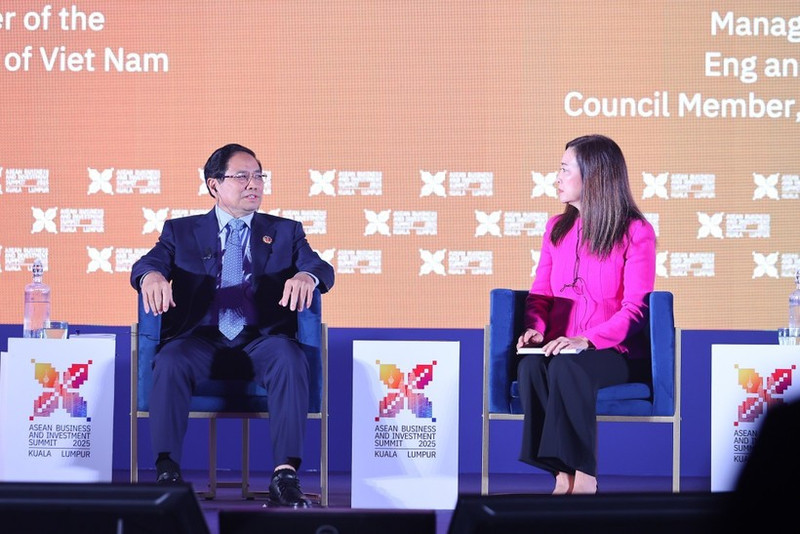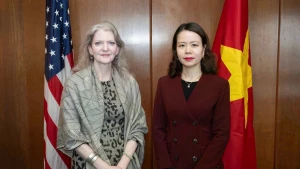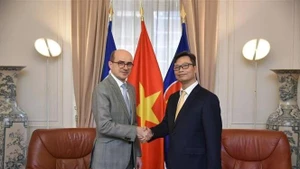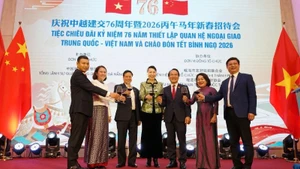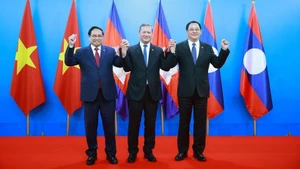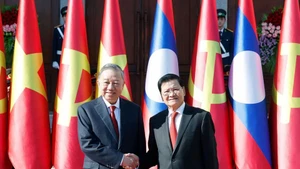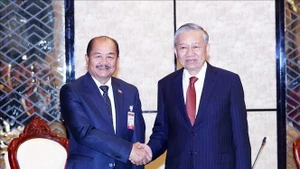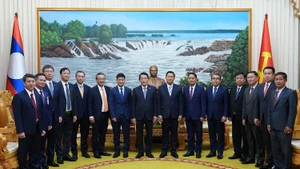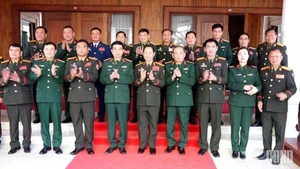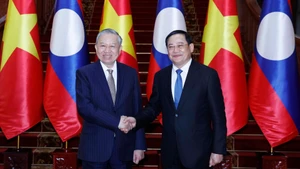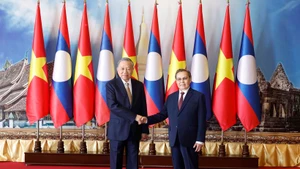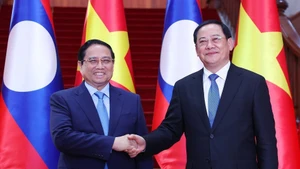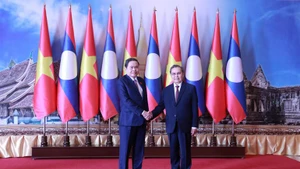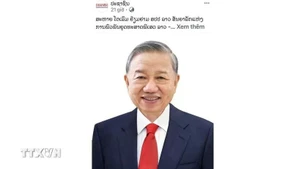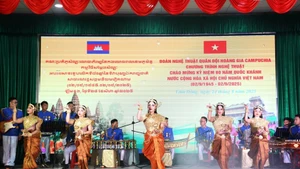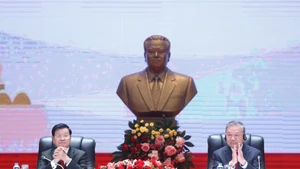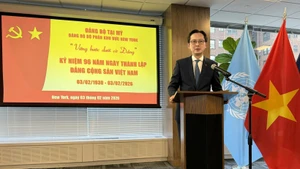Taking place on October 25–26, ABIS 2025, part of the 47th ASEAN Summit and Related Summits, gathered more than 1,500 participants, including ASEAN leaders, CEOs of large corporations, and international economists. It focused on the private sector’s innovative measures for promoting policy reforms and elevating the bloc’s role in the global economy.
Replying to the coordinator’s question about Viet Nam’s key economic priorities for the future and how to balance between growth and sustainable development, as well as between self-reliance and integration, PM Chinh said that over the past years, despite numerous headwinds, including global growth slowdown, challenges to multilateralism, and disrupted supply chains, Viet Nam has managed to sustain economic growth, stabilise the macro-economy, control inflation, and ensure major economic balances.
For the time ahead, the country will keep promoting growth drivers, he noted, elaborating that it will renew the traditional drivers – investment, export, and consumption – and, at the same time, fuel new ones such as the green economy, digital economy, circular economy, sharing economy, and creative economy.
He emphasised Viet Nam’s consistent viewpoint of pursuing fast but sustainable and inclusive growth, and balancing self-reliance with substantive and effective integration into the world.
Talking about innovation and digital transformation, the Government leader said Viet Nam views digital transformation as an objective requirement, strategic choice, and top priority in both mindset and action.
Given the critical role of digital transformation in society and economic development, the country attaches importance to artificial intelligence, semiconductors, e-commerce, logistics, along with digital transformation in health, education, culture, people-to-people exchange, and tourism.
To do that, a “Digital Literacy for All” campaign has been launched and carried out strongly to enable all citizens to gain digital skills, engage in digital transformation, and benefit from this process, according to him.
When asked about the role of and contributions by ASEAN and Viet Nam in recovering supply chains while keeping their markets open, PM Chinh perceived that what the world admires ASEAN for is the bloc’s principle of unity in diversity, the spirit of resilience, the role as a growth centre, and the goal of inclusive and people-centred development.
Therefore, it is necessary to continue promoting the centrality of ASEAN, place the bloc’s role in the overall world context, and base on its specific conditions to outline directions, vision, action, and coordination among economies in line with the reality, he added.

The Vietnamese PM called on ASEAN countries to increase discussion; build, harmonise, and improve the quality of institutional frameworks to turn these into a competitive edge; while boosting comprehensive infrastructure connectivity, including hard, soft, cultural, social, transport, and digital infrastructure.
He also underlined the need to step up training high-quality human resources to adapt to the new situation and capitalise on the large and young population of ASEAN, an advantage that the bloc should maximise. Besides, member states should assist one another to promote smart governance, including national and corporate governance, build good institutional frameworks to attract foreign investment, and efficiently and harmoniously combine internal and external resources.
These are highly crucial directions based on ASEAN’s solidarity and unity in diversity, but their implementation should be flexible to connect economies and ensure self-reliant, fast, and sustainable development, he opined.
At the dialogue, PM Chinh stressed that ASEAN is a community which grows strong when each member grows strong, and where each member benefits from ASEAN’s strength when the bloc gets stronger.
Given this, harmonisation is necessary during each country’s development process, he said, recommending them firmly maintain independence and self-reliance while contributing to the common development of member countries.
Viet Nam is ready to contribute to all issues related to institution, infrastructure, human resources training, and governance, particularly in priority areas such as digital transformation, green transition, circular economy, creative economy, science – technology development, and innovation, all of which form the cornerstone for fast and sustainable development, PM Chinh stated.
